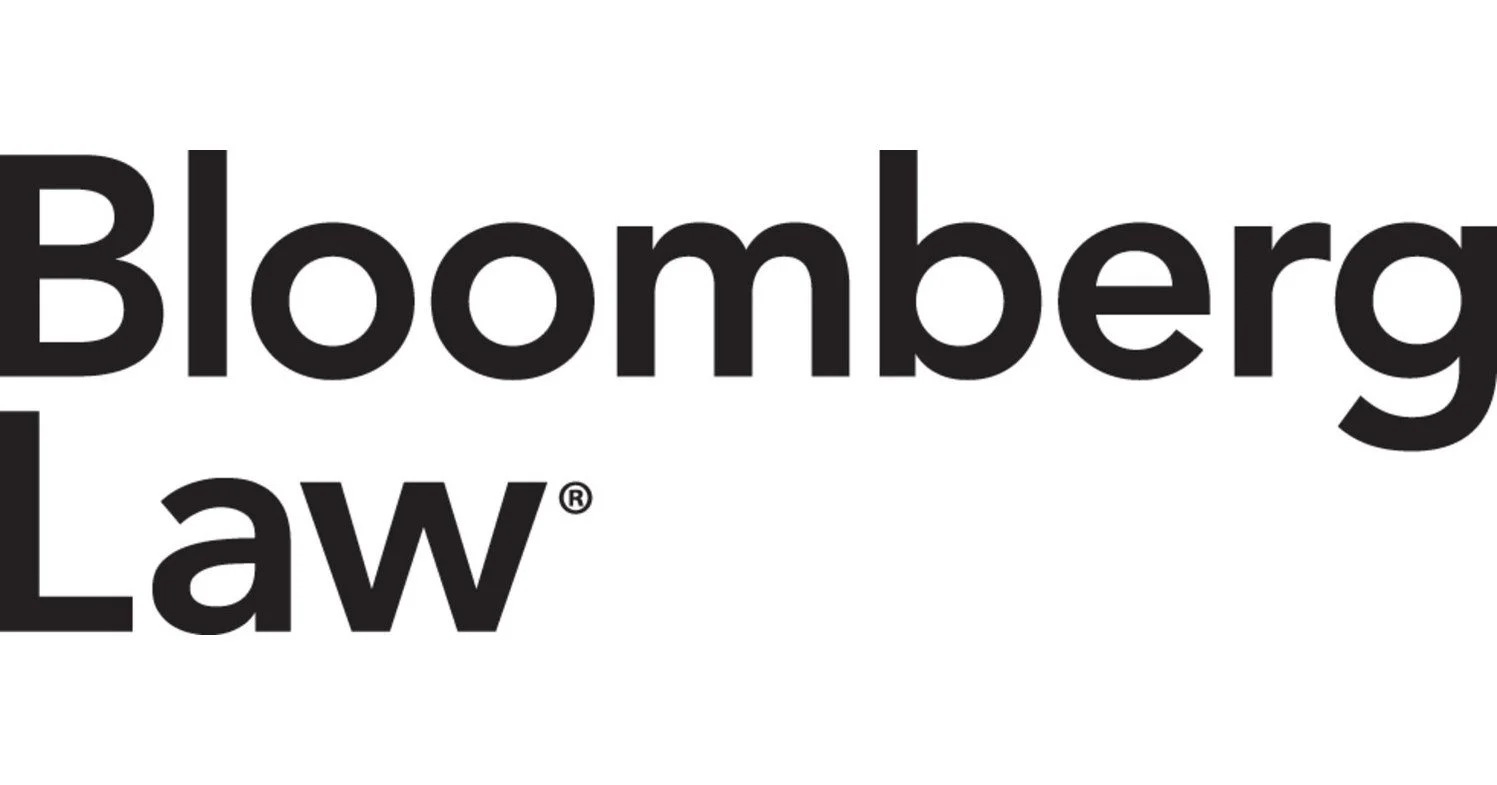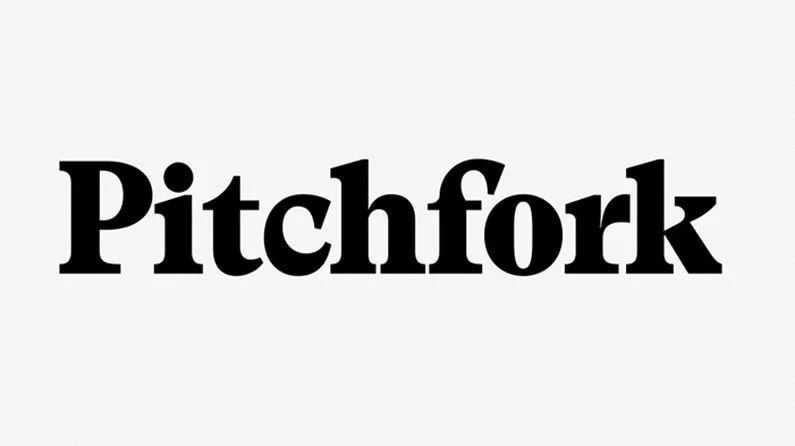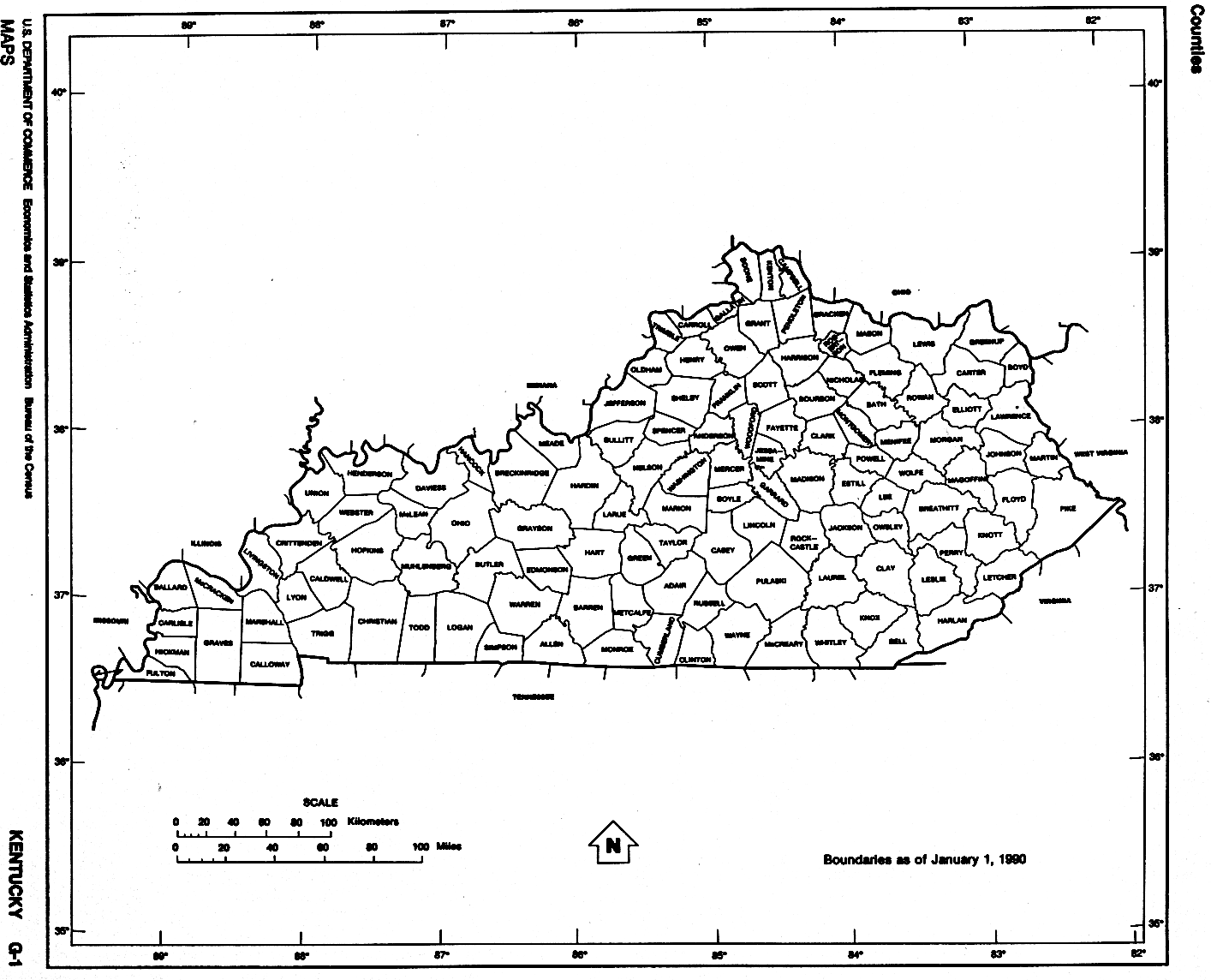On December 5, 2024, Representatives Jamie Raskin (MD-08) and Kevin Kiley (CA-03) introduced the Free Speech Protection Act, bipartisan legislation to protect individuals and organizations from frivolous lawsuits designed to chill free speech and political action. Senator Ron Wyden (D-OR) leads companion legislation in the Senate.
Read MoreOn November 9, a California judge dismissed the $3.8 million defamation lawsuit against Phoebe Bridgers based on California’s anti-SLAPP statute. Representatives for Bridgers stated that the lawsuit, filed by studio owner Chris Nelson, was filed for the sole purpose of causing harm to the star’s reputation and career. Read more about the suit here.
Read MorePrather, a First Amendment lawyer in Austin, Texas, is headed to Europe on a Fulbright scholarship to study how meritless lawsuits meant to silence critics have impacted human rights. She also plans to push European Union countries to adopt protections against those suits, like “anti-SLAPP” laws in Texas and other US states.
Read MoreAfter facing repercussions for “misleading Massachusetts investors about the fossil fuel-driven climate change risks to its business and deceptively advertising its fossil fuel products to Massachusetts consumers.” Exxon tried to dismiss the suit using anti-SLAPP laws. The Massachusetts supreme judicial court denied the motion preserving the purpose of the anti-SLAPP law.
Read MoreA recent decision from Florida’s Second District Court of Appeal has teed up for the state Supreme Court the issue of whether a trial court’s denial of an anti-SLAPP motion is immediately appealable.
Read MoreThe Appellate Division of the New York Supreme Court reversed a judge’s decision that recently expanded legislation applied retroactively to the suit.
Read MorePPP Policy Director Evan Mascagni was recently quoted in a KY Sunday Edition story on WDRB discussing proposed anti-SLAPP legislation in KY:
Mascagni, a Louisville native, praised Kulkarni for "starting this important conversation in Kentucky" and told WDRB he would be coming home this year to "help advocate for a comprehensive bi-partisan solution to this problem."
Read MorePPP Policy Director Evan Mascagni was interviewed for a segment on SLAPPs for CBS This Morning.
"We're seeing a rise in individuals being sued for speaking out online," said Evan Mascagni, who works for the Public Participation Project. He says many lawsuits are designed simply to intimidate. They're called "SLAPP" lawsuits (for Strategic Lawsuit Against Public Participation).
"A SLAPP filer doesn't go to court to seek justice; they are just trying to silence or harass or intimidate a critic of theirs," Mascagni said.
Read MorePPP Policy Director Evan Mascagni was recently interviewed for an article on how a Canadian anti-SLAPP law could help survivors of sexual assault and domestic violence.
Read MoreA developer sued a South Carolina town in 2016 over a zoning issue, and a few residents who had spoken critically about the development were subpoenaed for their comments on the matter. “The subpoenas demanded residents' communications, including Facebook and Twitter posts, to or from other residents of Simmons Pointe, the homeowners association, the town, elected officials, appointed members of the Board of Zoning Appeals and others.” Though the lawsuit settled, Mount Pleasant Town Council urged state lawmakers to pass the Citizens Participation in Government Act of 2018.
Read MoreRick Blum writes:
"President Donald Trump’s legal threats against the publisher and author of the most recent insider account of the White House may strike a nerve with journalists who are fearful of expensive legal defenses and chill valuable news reporting, but the threats could lose much of their power if states or Congress strengthened a tool that judges may use to dismiss meritless lawsuits involving speech protected under the First Amendment."
Read more here.
Read MoreA Des Moines, Iowa attorney brought a lawsuit against The Des Moines Register and one of its reporters. TechDirt’s Mike Masnick says it “seems like a pure SLAPP lawsuit.”
Read MoreMike Masnick with Techdirt explains the recent decision to throw out the Greenpeace RICO case on anti-SLAPP grounds in California. Read more here.
Read MoreA developer filed a lawsuit against the environmental groups Greenpeace International, BankTrack, Earth First! and others, alleging the groups “conspired to inflict damage on the pipeline developer and advance their own agendas.” A lawyer for Greenpeace called the lawsuit a “SLAPP” and a form of bullying.
Read MoreThe Northern California Record reports:
"A San Mateo County Superior Court ruled in favor of social media giant Facebook in an appeal brought against the company's anti-strategic lawsuit against public participation (anti-SLAPP) motion as well as to strike the original complaint and award the company its attorney’s fees for the appeal."
Read More














